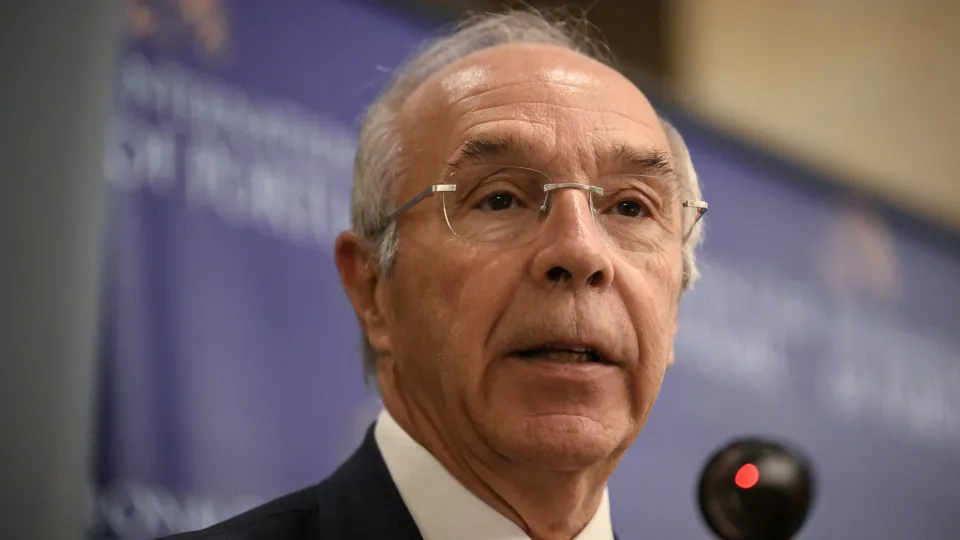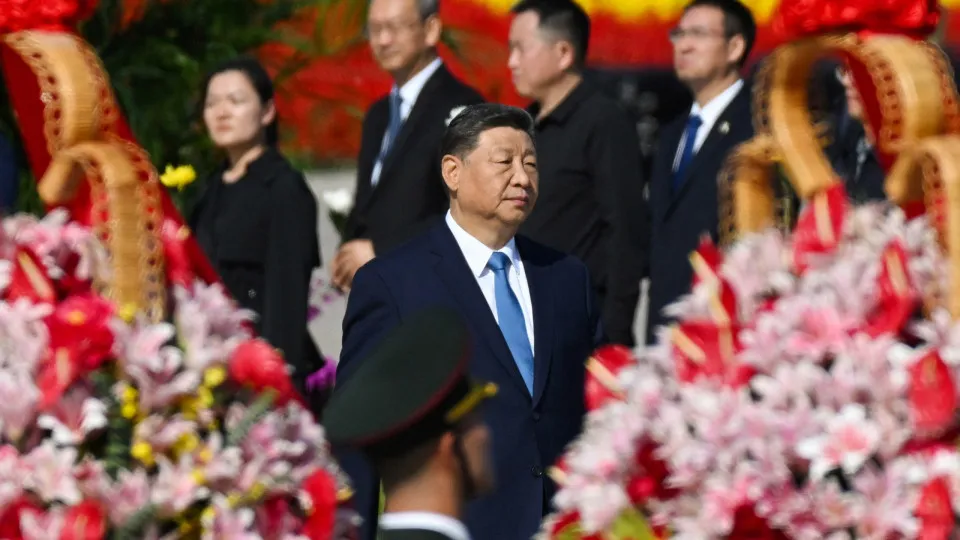
“We must value the positive moments: there is a State Budget enabled by the left and a nationality law enabled by the right. In any circumstance, it is dialogue at work. Dialogue has ensured that the final versions are better than the initial ones. This was also the case with the law on foreigners,” stated Marques Mendes in Leiria during the NEXXT event dedicated to artificial intelligence and creativity.
The approval of the nationality law and the State Budget (OE) for 2026 make the candidate consider “yesterday [Tuesday] a very positive moment.”
The presidential candidate supported by the PSD regards the new nationality law as “balanced in its final version” and expressed regret “that the law did not achieve broader consensus, potentially involving the PS, as it is a founding party of democracy.”
“It didn’t happen… I am sorry,” said Marques Mendes.
“The initial version was very controversial and even raised issues of compliance with the Constitution. The version now approved seems balanced, less controversial, and probably without constitutional issues,” he said in Leiria, following his speech at NEXXT, where he discussed education and economy.
For Marques Mendes, “there are no reasons to send this law to the Constitutional Court.”
“It doesn’t seem that there are suspicions of unconstitutionality,” he insisted, but added, “on this matter, the acting President of the Republic will decide.”
The changes meet with his approval because they stem from “an effort to make the law better,” advocating the need to inform the public.
“People don’t even know what is concretely in the law,” he stated.
“The law improved because the very controversial retroactive effects disappeared. The law is better because the treatment between EU citizens and PALOP [Portuguese-speaking African Countries] citizens became equal. The law is also balanced because its most delicate matter, an accessory penalty, was removed from the nationality law and placed in the Penal Code. Whether it will pass in the Penal Code is another question, but it no longer taints the nationality law,” he detailed.
Marques Mendes believes that “the government understood the signal given in the law on foreigners.”
“It wasn’t very worthwhile insisting on the first version, because it ended up at the Constitutional Court. It’s better to dialogue, it’s better to improve, to prevent the law from having controversial aspects and ending up at the Constitutional Court,” he said.
Referring to the difficulties in passing the previous budget – “a year ago, it was a nightmare” – Marques Mendes emphasized what he considers “the sense of responsibility” in the nationality law discussion, arguing that it is “a law that is not controversial, it is balanced.”
“There was an effort to make the [nationality] law better, and this also happened in last year’s OE: after negotiations, it was improved; it also happened with the foreigners law this year, the second version was better than the first. I draw a conclusion, very important for a President of the Republic: functioning dialogue always leads to better results than lack of dialogue.”




